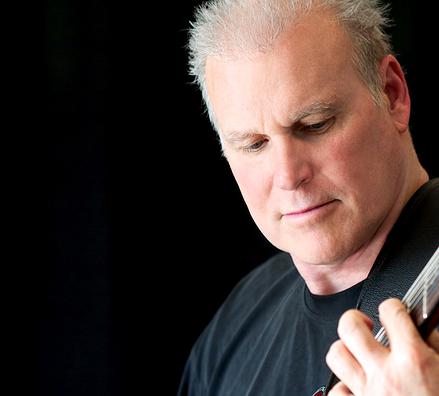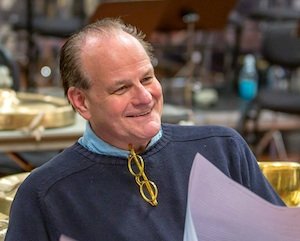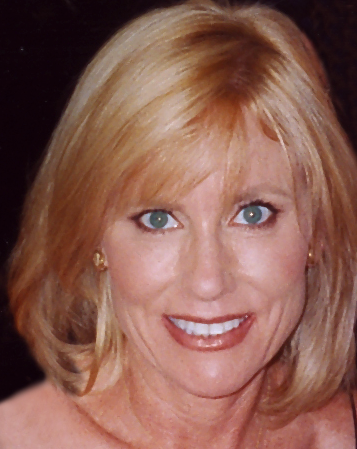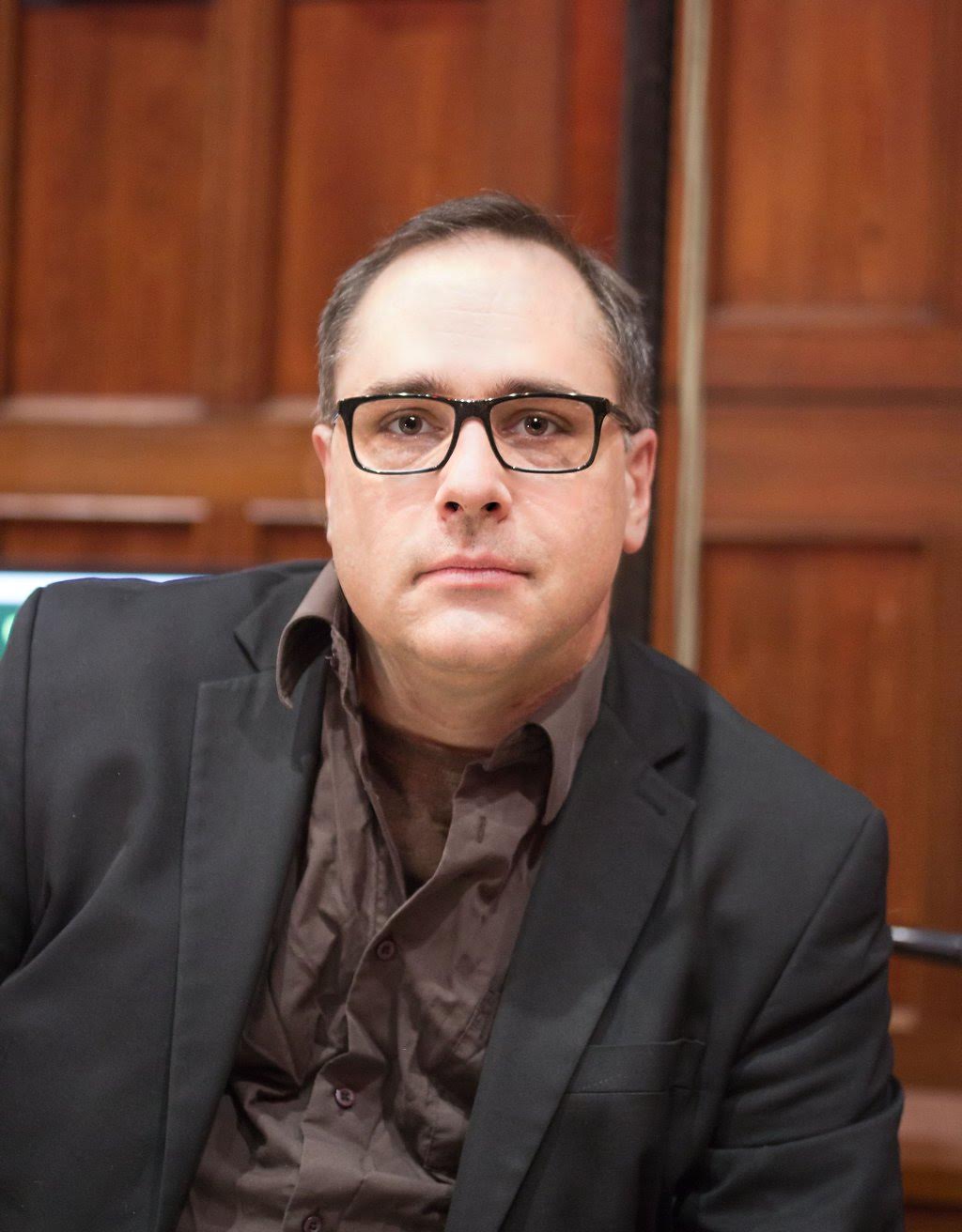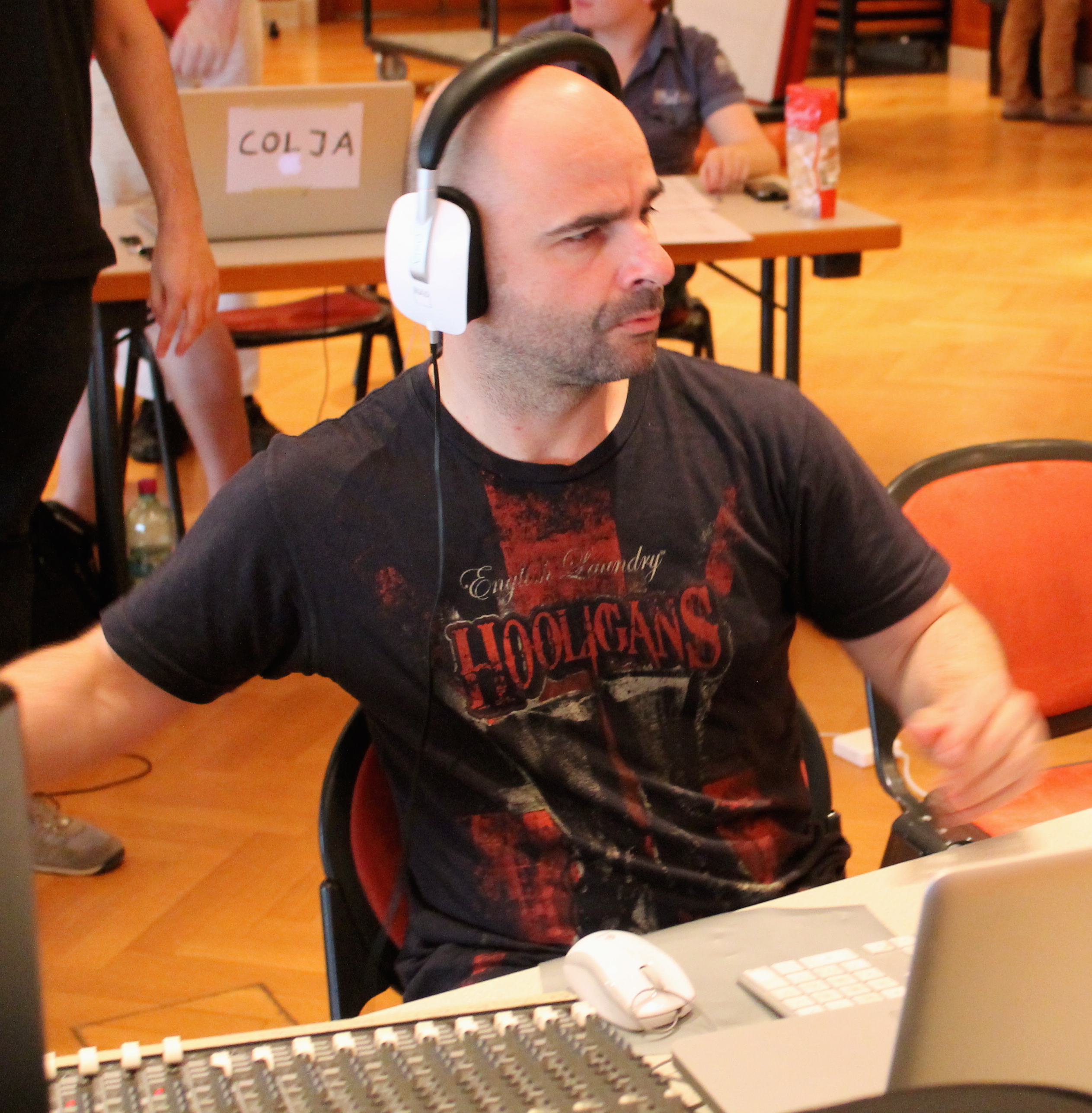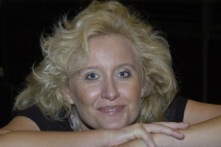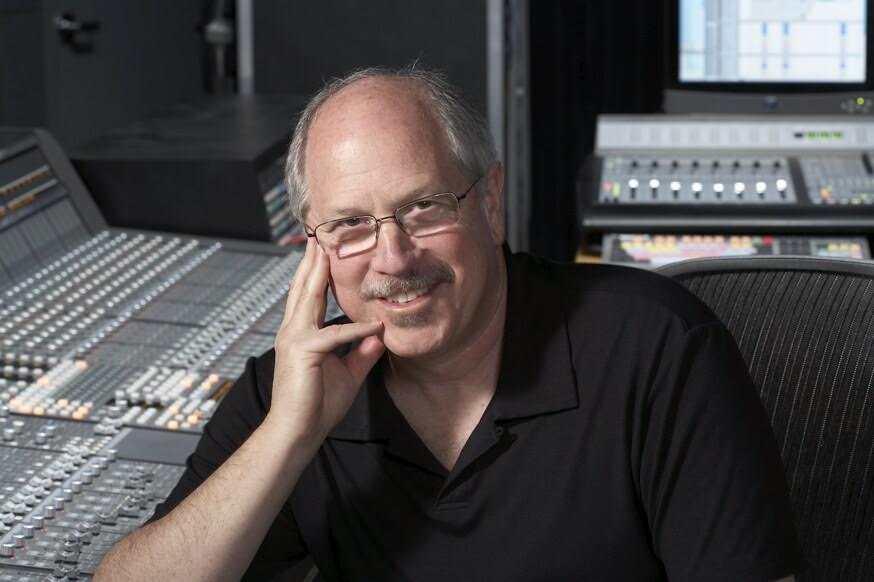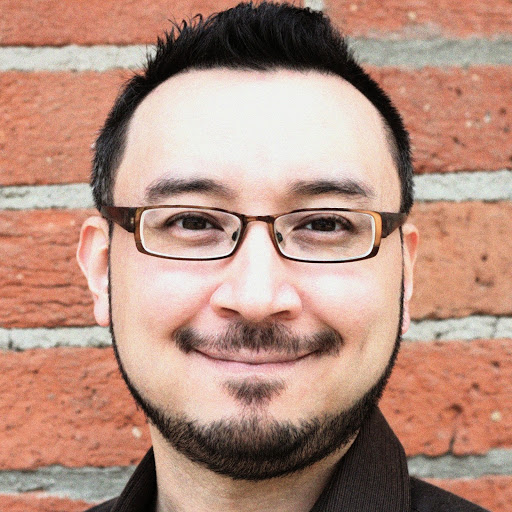Film Scoring Courses 2016
Hollywood Music Workshop 2016
A Film Scoring Summer Academy with Hollywood’s Elite
July 6th – August 11th in The Historic Music City of Baden near Vienna, Austria
3 day and 6 day Workshops
This was the new and exciting Hollywood Music Workshop (HMW) 2016!
We were happy to introduce our new and amazing line-up of top Hollywood composers, orchestrators and arrangers to the 2016 Film Scoring Summer Academy. Our workshop has been incredibly successful over the past 7 years and we have been able to grow into this excellent summer film music academy. This is a one of a kind opportunity to work and study with some of Hollywood’s greatest film music talents in the wonderful ambience of the beautiful City of Baden. Composers such as Mozart, Beethoven, Strauss and Lanner performed in this historic Spa Town near Vienna. Starting from composing, orchestration and arrangement through recording with a real string orchestra on the new Synchron Stage Vienna to final mixing. Learn the entire film scoring process gaining real-world knowledge delivered by some of Hollywood’s best. We are looking forward to seeing you this summer. Here is an overview of our classes and esteemed mentors with more details:
- July 6 – 12: Thomas Chase Jones – Composing using the Music Interval Theory (M.I.T.) – a successful approach to avoid unnecessary creative blocks and to elevate your composing level. Learn from Thomas Chase Jones, one of the most successful and experienced composers for animation films.
- July 13 – 18: Conrad Pope & Nan Schwartz – Orchestration and Arranging. Learn from the incomparable Conrad Pope, one of Hollywood’s best composers and orchestrators, and from Nan Schwartz, a world class Grammy Award winning arranger.
- July 18: Conrad Pope & Joe Kraemer – Star Wars – Scoring a Saga. Join film composer and orchestrator Conrad Pope and film composer Joe Kraemer and for an in-depth analysis of John Williams’ music for the Star Wars saga.
- July 19 – 25: Joe Kraemer – From Concept to Composition. Learn the conceptual and composing aspects of creating music for film. And finally, what is needed to get your composition recorded. Classes will include behind-the-scenes looks at the scoring of Mission: Impossible – Rogue Nation and Jack Reacher. Presented by Joe Kraemer, a world class film composer (Mission Impossible – Rogue Nation).
- July 26 – July 29: Recording at the Synchron Stage in Vienna. German born Silke Matzpohl, a successful TV composer and music editor, will help to prepare for the recordings. Frankie Chinasky, a well known sound engineer and music producer, will make sure that your take will be recorded professionally – using world class equipment at the soundstage.
- July 30 – August 1: Dennis Sands – Mixing for Composers and Musicians. Learn to turn your recordings and demos into professional sounding mixes. Brought to you by Dennis Sands, one of the world’s best film scoring mixing engineers.
- August 6 – 8: Chris Walden – Arranging for Big Bands and for Strings in Pop Music. Learn from Chris Walden, a German born world class composer and arranger, who will also share how his career started in Europe and how he very successfully established himself in Hollywood.
- August 9 – 11: Edwin Wendler – From Vienna to Hollywood: A Film Composer’s Survival Guide. Austrian born Edwin Wendler, who established himself in Hollywood as one of the upcoming and successful young film composers, will share essential studio workflow techniques and provide insights into client management and how to deal with tight deadlines and budgets.
Music Interval Theory (M.I.T.)
With Thomas Chase Jones, July 6 – 12
A six day course designed to integrate M.I.T. (Music Interval Theory) into the scoring of animation and live action T.V. /Film . The course will incorporate methods of:
- How to lay out a cue
- Sketch the composition
- And then use tools from various parts of the M.I.T. composition course in the development of the cue/composition
An overall introduction to the art of scoring for animation/film while introducing M.I.T’s applications, techniques and methods. The 6 day course is designed as an easily accessible and usable methodology for all musical levels. The 1- 2 year full M.I.T private study course is a post graduate course and has some further requirements. M.I.T. is a highly effective method of musical composition for Television, Feature film and performance music. The composer who uses M.I.T. will avoid writer’s block, find great ideas quickly, and develop themes with unique harmonies. M.I.T. works wonderfully with all genres of music and is universal in it’s application. The introduction to Music Interval Theory will include scoring to animated clips as well as film clips. The students will be introduced to M.I.T. and get an insight to this wonderful method of composition. The class will be taught by Thomas Chase Jones and assisted by Frank Herrlinger.
Orchestration and Arranging
With Conrad Pope and Nan Schwartz, July 13 – 18
This six day course will provide an insider’s look at “orchestration” of film music. From basic instrumentation to complete execution of a score, every step of writing professionally for an orchestra in today’s film world will be addressed. The course will include an overview of all the instruments and instrumental families of today’s orchestra, their characteristics, their strong and weak points and how to use them effectively in an orchestration. Also determining the orchestra size for particular genres of scores as well as adapting to budgetary constraints will be discussed. The relationship between writing for the orchestra with regard to stemming and “hybrid scores” ( scores with “live” and pre-recorded components) will also be studied. Examples from film scores and the literature will be used to underscore all the major points. New this year will be a conducting/recording production section where the preparation of scores, score study, basic conducting techniques and the production of musically coherent performances- from “good ensemble”, “blend” and musical expression- will be explored. Providing the tools to know how to notate, perform and produce what you have composed is the goal of the course.
It will also cover the art of arranging. We will look at various arrangements and discuss the techniques applied by the arranger. Nan will also explain her working methods by looking at some of her arrangements. We will also discuss the relevance of arranging techniques for film scoring.
STAR WARS: Scoring a Saga, July 18th
With Conrad Pope and Joe Kraemer
Join film composer Joe Kraemer (Mission: Impossible – Rogue Nation) and orchestrator Conrad Pope (Revenge of the Sith, Attack of the Clones) for an in-depth analysis of John Williams’ music for the Star Wars saga, including the newest entry, The Force Awakens. Joe Kraemer has devoted years of study to the scores of John Williams, and has contributed a chapter about the music of Star Wars to the book “Star Wars Psychology: Dark Side of the Mind”. Conrad Pope orchestrated over a dozen films for John Williams, including the Star Wars prequel trilogy. Together, they will examine the scores from the Star Wars films through their spotting, composition, orchestration and more. The presentation will include rarely seen alternate versions of cues, deleted music, and more.
From Concept to Composition
With Joe Kraemer, July 19 – 25
This year’s composition class will be led by Hollywood composer Joe Kraemer, fresh off his successful work on Mission: Impossible – Rogue Nation . With a focus on the conceptual and composing aspects of creating music for film, students will have a rare opportunity to learn from one of the industry’s best new talents to emerge in years. The course will focus on spotting, conception and composition, and will culminate in a recording session where each student who has signed up for it will be able to record a cue to a film clip (or other material, if they prefer) under the guidance of Joe Kraemer. Classes will include behind-the-scenes looks at the scoring of Mission: Impossible – Rogue Nation and Jack Reacher.
Score Recording at the Synchron Stage Vienna
With Frankie Chinasky and Silke Matzpohl, July 26 – 29
New this year: Record your score at the world renowned Synchron Stage Vienna with two different types of orchestral set ups
You have the choice of selection between two types of orchestras:
Orchestra A : 18 pc string orchestra
Orchestra B : 29 pc orchestra including strings and winds
These two instrumental set ups represent a very realistic recording scenario for the 21st century media composer. The Synchron Stage was built in the 1940s and got recently acquired by VSL, the Vienna Symphonic Library. VSL had the Synchron Stage completely refurbished using the latest acoustic design and technology and built a world class recording and mixing control room featuring a large format top class analog mixing console. With its intelligent design the system allows for a very flexible approach to mix both on the analog desk and in the box – combining the best of both worlds.
Two of this year’s teachers, Conrad Pope and Dennis Sands, were the first to record in the new stage and they were completely excited about its equipment and the sound of the room – putting the Synchron Stage into the top league of sound stages around the world.
This course will give you the opportunity to use this facility for 40 minutes with either an 18 piece string or a 29 piece string and winds orchestra to record your own music.
But his course will also teach you a lot about what is needed for a successful orchestral recording session – which is quite different from a concert situation (see on the detailed page for more). So not only that you will have your music professionally recorded with using top notch equipment on a world class sound stage (which in itself is a tremendous opportunity) – you will also learn crucial skills to prepare you for future recording sessions – which can turn out to be very expensive if not prepared well.
Silke Matzpohl will show you how to prepare for the recording session through a two day recording preparation class. She will also lead the editing of the final takes. Frankie Chinasky will be the lead recording engineer leveraging the world class equipment of the sound stage and the control room.
Mixing for Composers and Musicians
With Dennis Sands, July 30 – August 1
This is unique opportunity for composers and musicians to meet one of Hollywood’s most prominent film music scoring mixers while learning mixing techniques, terminology, and tricks. In today’s world, the composer has to submit professional sounding demos and final mixes in order to get, and keep, jobs. This seminar will elevate the understanding and capabilities of all of the attendees to a much greater level in a relaxed, fun environment. Topics covered:
- Why the Demo is so important
- Assembling your team … who they are, what they do, why they are essential to your success
- Understanding frequencies and how they relate to your music
- Getting your music into the project
- How to avoid sonic conflicts
- How to listen to a scene
- Don’t fall in love (and I’m not talking about romance!)
- Terminology … how to communicate to your mixer; what your mixer needs to hear from you
- What constitutes that “professional sound” and how to achieve it
- Studio setup
- Mix formats – Stereo, Surround 5.1 & 7.1, Immersive (Atmos, Auro)
- Understanding balance and panning
- Technical requirements of final mixes
- Creating stems – how to decide what goes where
- Extensive examples of plugins such as equalizers, reverbs, compressors/limiters, effects and much more
Arranging for Big Bands and for Strings in Pop Music
With Chris Walden, August 6 – 8
Part 1 “From Germany To Hollywood” An in-depth look at Chris Walden’s journey that started as an arranger and composer in Germany and brought him to Los Angeles where he eventually became one of the top arrangers for big band and orchestra projects with artists like Michael Bublé, Rihanna, Barbra Streisand, Diana Krall, Josh Groban, Paul McCartney and many more. This segment will cover business aspects as well as writing tools and equipment. Part 2 “Arranging for Big Band” There are many approaches when it comes to writing music for big band, but in this segment Chris Walden will give an inside look and detailed explanation of writing big band arrangements for commercial projects to back up singers using examples of some of his well known arrangements. Part 3 “Arranging Strings for Pop Music” Arranging strings to an existing rhythm track or even full orchestra in a commercial context for a pop music projects requires a certain skill set and techniques that Chris Walden will explain using first hand examples from recent recording projects.
From Vienna to Hollywood: A Film Composer’s Survival Guide
Navigating Through the Stressful World of Film Scoring
With Edwin Wendler, August 9 – 11
Part 1: “You and Your Studio” We will examine how to maximize the use of your studio in order to meet tough deadlines on a tight budget: keeping track of sounds, programming new sounds, working with samples and loops, keeping your sessions organized, file labeling, cue charts, etc. Part 2: “You and Your Client” By looking at several real-life examples, we will explore how to best interface with your client (director, producer, etc.): developing the right attitude and work ethic, dealing with contracts, presenting your work, addressing notes, making your client feel at ease, etc. Part 3: “You and Your Persona” We will discuss all the other stuff you need to do for your career when you are not composing: looking for work, promoting yourself, interacting with journalists, publicists, fans, managers, etc.
To subscribe for our monthly Newsletter please click here ..
If you are looking for more images from 2013 – 2018 pls visit HMW on FLICKR
Follow us on Social Media to get the latest news & informations on events & courses.


